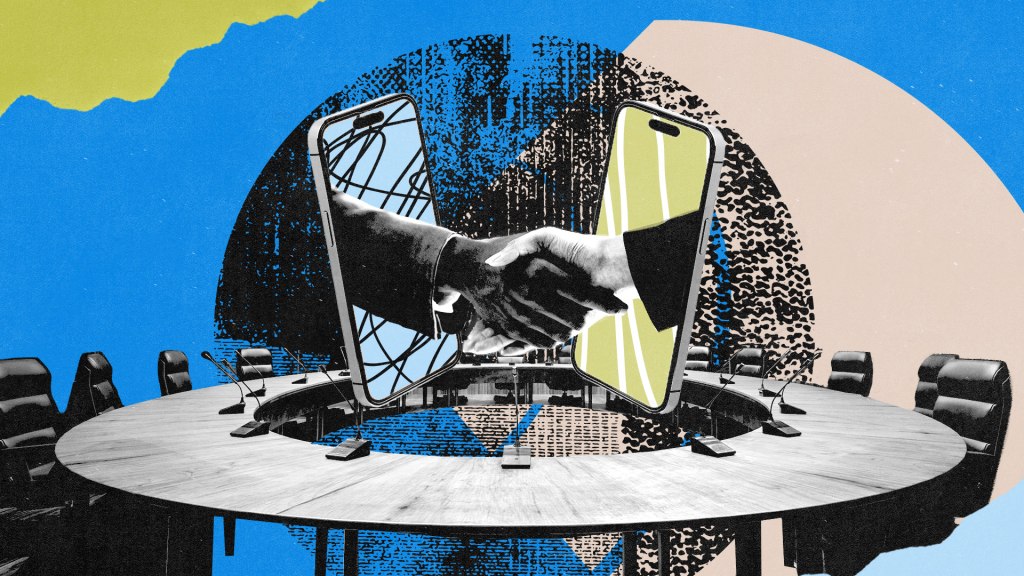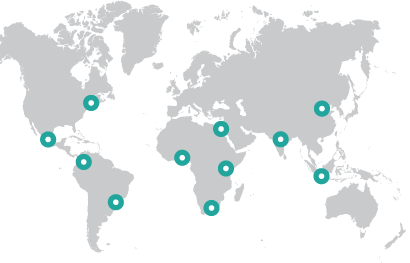Strategy

The world economy and the global financial architecture that governs it continues to give rise to extreme poverty and inequality, as well as exacerbate climate change.
We believe a more just world is possible by dramatically transforming this architecture to become more democratically governed. It can be reshaped to become more responsive to the most disadvantaged, more focused on achieving social and economic justice, and more capable of meeting our human needs and realizing the universality of our human rights.
The Challenge
Our global economic systems grew from post-World War II agreements built on European colonial structures that did not include representation or participation from the majority of the world’s population. The economic imbalances that define the Global North and Global South were embedded in this system of global economic governance.
Financing for development is a key part of this system. The agreement that wealthier nations would provide aid and other forms of assistance to low-income nations for economic development is framed as charity—and dependent upon the generosity of donors—and not as an obligation resulting from the legacy of colonialism or even as a collective investment in a more equitable world.
A lack of adequate public investment in development and a rapidly growing sovereign debt crisis is reversing economic progress and holding most Global South countries back from reducing poverty, advancing human development, and sustaining economic growth.
The Opportunity
We’re at a dynamic moment where world leaders, grassroots actors, and social movements are reimagining equitable systems of global economic governance and strategies for development cooperation. These include frameworks for reparative justice, alternatives to the neoliberal economic policies imposed on much of the global majority, the mobilization of greater concessional finance, new models for debt sustainability, and the overall decolonization of aid. Looming global catastrophes such as climate change and the sovereign debt crisis now affect a majority of developing countries and contribute to this increasing momentum.
In countries that face severe economic hardship such as Sri Lanka, Ghana, Lebanon, and Colombia, we’ve seen mass mobilizations and growing demands to end inequality. Racial justice and gender equality movements have also expanded, highlighting the need to address historic racial and gender inequality in any reforms. And the imperative of achieving a global transition away from fossil fuels has led to growing demands that it be “just” and address the needs of those most negatively affected by inevitable major structural changes in the world economy.
Our Aim and Approach
These dynamics and players have given rise to a moment where new rules and plans are being developed that can reorient global economic governance. There is an urgent need for civil society to contribute new voices to these discussions and strengthen the leadership of historically excluded Global South stakeholders. We need new structures that are more inclusive and focused upon innovative ideas, and we need to support leaders within the existing global economic system who exert influence and produce knowledge that will generate a more inclusive narrative and new ways forward. We do this through:
Addressing the sovereign debt crisis
Advocacy focused on relieving unsustainable debt and increasing investments in global public goods, such as education and healthcare.
New leadership and knowledge development
Developing leadership on global economic change through research, training, and strengthening relationships among Global South social movements, nonprofits, think tanks, universities, and other civil society and state stakeholders.
Shaping new narratives
We support narrative change strategies about the relevance and importance of preserving global public goods and the role of development cooperation in global governance to influence mainstream media and key economic and political institutions and leaders.
Shifting power to those who’ve been left out
Systems of accountability, transparency, and enforcement that shift power to those who have been left out of the creation of global economic systems.
Our Impact
Our aim is the realization of a global financial architecture that is more equitable and mission-oriented, and which has inclusive models of development cooperation, with more stakeholders from the Global South sharing power in defining how to meet common needs and finance global public goods. We work toward four outcomes:
Sovereign debt will be relieved and public goods will be prioritized
International financial institutions and bilateral and private creditors increasingly relieve the unsustainable debt of Global South nations and offer more investments that prioritize public goods.
Development assistance led by those most affected
Governments and civil society organizations increasingly manage development assistance in their respective countries.
A just economic order will be driven by the Global South
Global South actors pushing for greater equity and justice in financing for development will be networked and aligned in advocating for a just global economic order.
Global North groups will help influence inclusive global governance
Global North organizations representing communities historically excluded from development cooperation and U.S. foreign policy will be coordinated and influential in promoting equitable development and inclusive and effective global governance.
Portfolio Snapshot
Annual Budget$50 millionOver a 5-year period
where we work

Number of grantees51
Grantee Snapshot

IDEAs
IDEAs is a collective think tank of economists, intellectuals, and activists drawn from across the Global South. It has fixed representation in Africa, Asia, and Latin America and emphasizes representation of members’ voices in the policymaking processes and related media coverage that shapes narratives around international economics and the global financial architecture. IDEAs is reframing the debates about reform versus reconstruction of the global financial architecture and grounds its work in the eradication of poverty and inequality, as well as making global economic governance more inclusive of governments and people of the Global South.